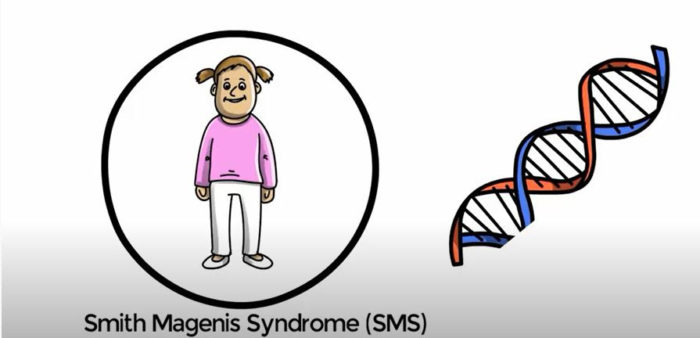2021 Year in Review
– We have submitted our National Organization of Rare Disorders (“NORD”) application. Membership in this organization will allow us to obtain support in the areas of future drug development, board management, organizational governance, federal policy and regulatory affairs, research, fundraising, capacity building, and many other services. This was multi-step process including amendment and restatement of our Bylaws to improve Board governance. We have also further professionalized our organization by the addition of a code of ethics, and several other important policies, including diversity, whistleblower protection, and document destruction in an effort to increase accountability and transparency.
– In total we have awarded Sarah Elsea at Baylor University, grants in excess of $1 million to fund her research. This led to encouraging findings related to the expression of Rai1 and gene therapy. Our funding led to the preparation and submission of a proposal to the National Institute of Health (“NIH”) this past June, which may afford the potential of federal funding for SMS therapy research. We await the final decision from the NIH. Our Scientific Advisory Panel (“SAP”) was impressed with the grant application – so fingers crossed. No matter what the outcome, we feel this is a significant milestone and accomplishment for the Foundation.
– To date we have awarded two grants totaling $162,000 to Wei-Hsiang Huang at McGill University to support his therapeutic approach for a small molecule/drug impact model on RAI1 levels. More specifically, Dr. Huang has created a new mouse model for SMS and is targeting the expression of brain-derived neurotrophic factor (BDNF) in the hypothalamus. Remarkably, Dr. Huang’s research has found that genetic overexpression of human BDNF in RAI1 heterozygous mice reversed SMS-like obesity, hyperphagia, metabolic syndrome-like features and hypo-sociability. This suggests that developing treatment targeting BDNF may help reverse some of SMS’s more challenging features. Dr. Huang’s research was recently published in Oxford’s Journal of Human Molecular Genetics. Notably, Dr. Huang has dedicated his lab to SMS research and continues to do very promising work towards reaching a therapeutic solution to treat SMS. Given the results achieved to date and the positive working relationship, we are very optimistic this will continue to be a productive partnership.
– To date we awarded Michael Higley at Yale two grants totaling $162,000 to fund research to assess how altered cortical dynamics impacts behavior and how therapeutic intervention in RAI1 haploinsufficient mice could help improve maladaptive behavior. He is trying to understand and identify the specific cortical neurons most impacted by RAI1 so that if gene therapy is developed, it may be targeted to specific areas of the brain to address these behaviors. As a parent of a child with SMS, this is just incredibly exciting.
– Our annual RFP grant proposal continues to gain traction. This year, we received five RFPs for the 2022 award cycle and awarded funding to two of these proposals (McGill and the University of Michigan).
– We continued further fundraising efforts and to date in 2021, we have raised $179,834 through several events and campaigns, including our signature event, Steps Moves Science Virtual Walk. We have also developed further fundraising tools, including this animated video to explain SMS in simple terms and highlight our research.
– Finally, we are in the process of hiring an Executive Director. We view the ED recruitment as an integral part of the bridge needed to run the organization on a day-to-day basis and raise the necessary funds to further expand our research portfolio.
We hope you are as proud to contribute to this organization as we are of its accomplishments. Thank again for making 2021 an exceptional year for the SMSRF and the SMS community!

Wishing you a bright and hopeful New Year!
With thanks,
SMSRF Board of Directors



